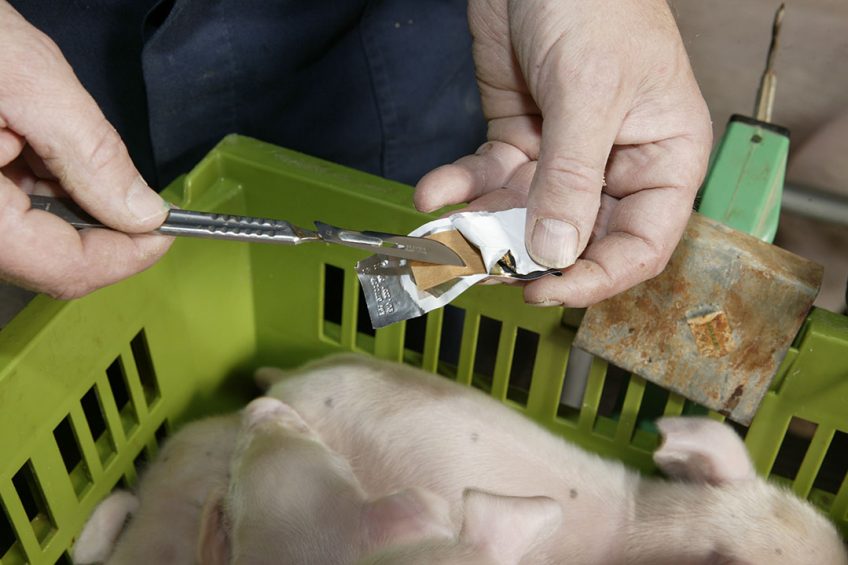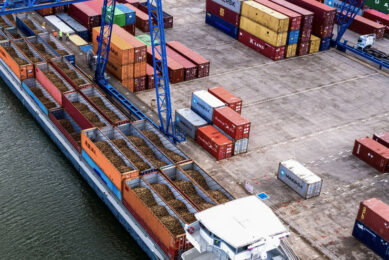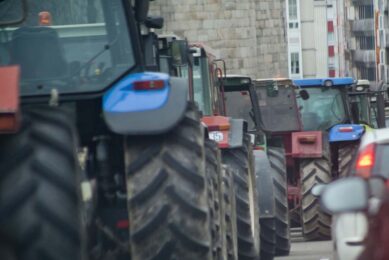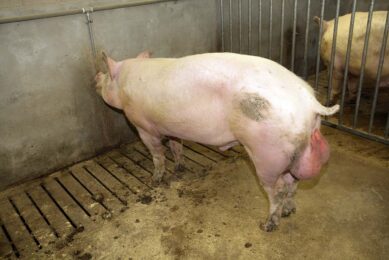Examining the alternatives to piglet castration

Castrating male piglets has always been quite a controversial topic for farmers and consumers alike, but more pressure is being applied these days by the latter to ban the practice.
It is common knowledge that the meat from uncastrated males can have a rather unpleasant smell or taste when it is cooked: this is known as boar taint. During a recent webinar facilitated by the group ’Innovative Approaches for Pork Production with Entire Males’ (IPEMA), a body supported by the EU to look at various methods to producing entire male pigs, a number of alternatives to the surgical castration of piglets were discussed.
A different approach to castration
Castrated male pigs convert feed to meat less efficiently than entire males but the process of surgical castration without pain relief is painful to the animal. There is a growing consensus within Europe that this process should be discontinued favouring a different approach. In total, 3 different alternatives are available including surgical castration with pain relief, immunocastration and simply leaving the animals as entire males.
IPEMA classifies surgical castration with pain relief as an intermediate short term solution that is inefficient and adds costs. Focusing on the other 2 alternatives, IPEMA found that leaving the pigs uncastrated as entire males increased the aggressive behaviour of the animals and that they mounted their pen mates.
Also, there were issues with boar taint on the meat and other meat quality problems such as lower fat amounts, and being less tender.
Injecting a vaccine inhibiting steroid production
During immunocastration, a vaccine is injected that inhibits steroid production by the testes. It is only when a second vaccination is administered, that there is any difference to the animal’s behaviour and a gradual improvement to meat quality.
There is a number of issues associated with immunocastration including stress during vaccination, and some concerns over meat quality depending on the timing of the second vaccination to the time of slaughter. The biggest challenge though, is that most markets in the European Union are reluctant to accept this as a husbandry process as they assume consumers are against it.

Could genetics play a role in ending castration?
Breeding and genetics to reduce boar taint
There was discussion as well about how breeding and genetics can be used as tools to reduce boar taint, improve the meat quality and reduce aggressive behaviour of entire male pigs. At the end of the day, whatever method is used going forward will be heavily influenced by consumer and market demands.
During the past 20 years, surgical castration of piglets has been strongly contested by animal welfare organisations. The discussions acknowledged that each of the alternatives has pros and cons but the biggest road blocks to consumer acceptance were boar taint for entire male production and consumer acceptance of immunocastration.
Pig castration: a complex issue
Dutch pig farmer Annechien ten Have-Mellema closed the webinar by recognising there is a lot of work to do on the topic of pig castration. She said: “A lot of scientists are working on the alternatives for pig castration. It is a complex issue and it is very nice that there is a collaboration in this network between scientists and stakeholders in the supply chain.”

Pig Progress recently visited the Ten Have-Mellema farm; read the review here
She continued to say, “We can see that Europe is moving to pig castration with anaesthesia, immuno vaccination, or towards entire males. We are all on a different stage but the process is irreversible. The work is not ready and has only started. Awareness and knowledge sharing is very important. The European Union also has a responsibility to facilitate this work.”












